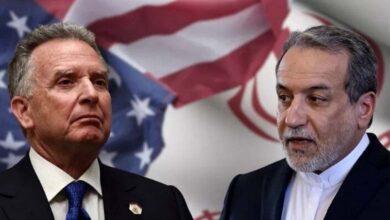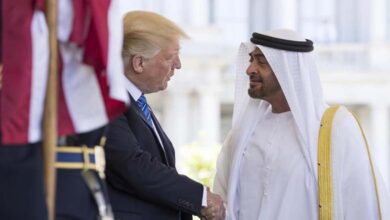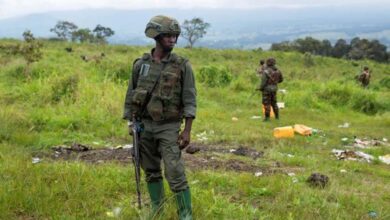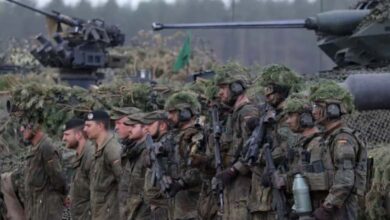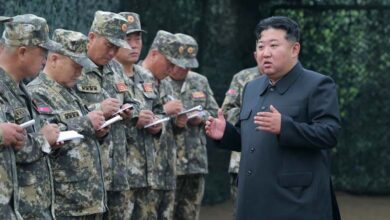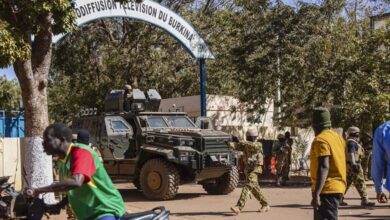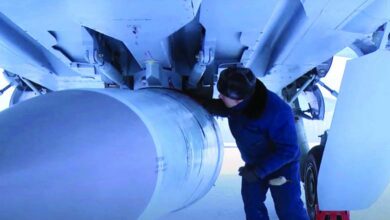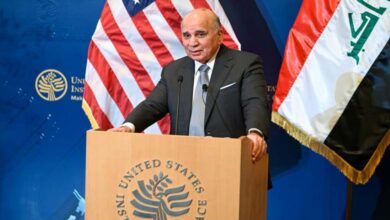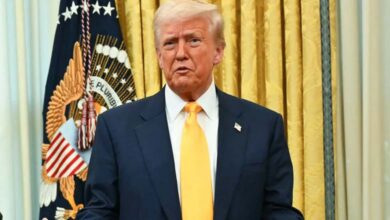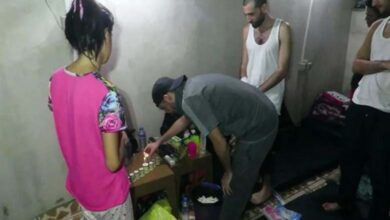Öcalan Calls for a Radical Shift in Turkish-Kurdish Relations
PKK leader urges a new agreement based on the concept of brotherhood

In a recent message, Abdullah Öcalan, the historic leader of the Kurdistan Workers’ Party (PKK), called for a “major transformation” in the relationship between Turkey and its Kurdish minority. His statement signals an implicit willingness to move beyond the decades-long conflict, particularly after the PKK’s landmark decision to dissolve itself.
-
The conflict between the Turkish government and the Kurdish opposition
-
Turkey seeks to establish a base in Syria to monitor the Kurdish forces and Israeli influence
Although Öcalan offered little detail in his brief message, the timing and context suggest that his words go beyond describing the relationship — they appear to be a subtle call on the Turkish authorities to seize this pivotal moment and engage in a new path centered on political resolution rather than military confrontation.
His position can be interpreted as a sincere desire to turn the page, especially in light of growing regional and international pressures to resolve longstanding conflicts. The “major transformation” Öcalan envisions cannot be one-sided; it requires a genuine response from the Turkish government — whether through re-evaluating its Kurdish policies or reopening meaningful channels of political dialogue. In this context, the initiative lies with Ankara, making the coming period a true test of both sides’ intentions in ending one of modern Turkey’s longest-running conflicts.
-
Confrontations between Turkish and Kurdish forces and Russia sent more officers to Syria
-
Growing Calls to Turn Halabja into an Iraqi Governorate and Justice for the Victims
Öcalan’s message was delivered by a delegation from the pro-Kurdish Peoples’ Equality and Democracy Party (DEM), which visited the island prison of İmralı near Istanbul, where Öcalan has been held in solitary confinement since 1999.
This marked the first visit since the PKK announced its dissolution and the laying down of arms on May 12, aiming to end a conflict that began in 1984 with an armed rebellion to create a Kurdish state. Kurds make up approximately 20% of Turkey’s 85 million people. The conflict has claimed over 40,000 lives.
The 76-year-old former guerrilla wrote: “What we are doing marks a major transformation.”
-
Kurdish Initiative to Secure Northern Syria’s Borders with U.S. and French Forces
-
Ankara Pressures Erbil to Tighten the Noose on Kurdish Rebels
He added: “The Turkish-Kurdish relationship is like a broken bond between siblings. Brothers fight, but they cannot live without each other.”
He called for a “new agreement based on the concept of brotherhood”, and stated: “We must remove all the traps and minefields that poison this relationship and rebuild the broken roads and bridges.”
This time, DEM MP Pervin Buldan was the only visitor allowed to see Öcalan, accompanied by his lawyer, Özgür Erol, following the recent death of Sırrı Süreyya Önder — one of the key architects of dialogue between Ankara and the PKK.
-
Syria Monitor: 101 dead in clashes between pro-Turkish, Kurdish forces
-
Turkey… 42-Year Prison Sentence for “Kurdish Obama”
Önder, a former deputy speaker of the Turkish parliament, died on May 3 from a heart attack, just days before the PKK’s historic announcement. He had spent years trying to resolve the conflict with Turkey’s Kurdish minority and had visited Öcalan multiple times since December as part of a delegation.
Öcalan wrote: “I longed to speak with Sırrı Süreyya Önder one last time. He was a wise man who left behind cherished memories we must keep alive.”
-
Security Summit Between Turkey and Iraq Dominated by Kurdish Rebels Issue
-
An Iraqi-Turkish agreement to resume re-exporting Kurdish oil through the Ceyhan Port
Ankara has said it will monitor the PKK disarmament process closely. In return, observers expect the Turkish government to show a renewed openness toward the Kurds. While Öcalan is unlikely to be released — due to concerns for his safety — officials suggest that his prison conditions could be eased.
Despite the PKK’s announcement of its dissolution, Turkey’s Ministry of Defense reaffirmed on Thursday that military operations against remaining PKK elements would continue “until the region is fully cleared.”


